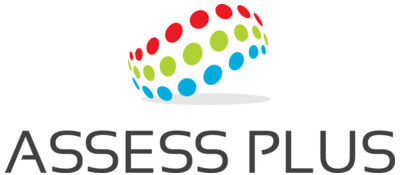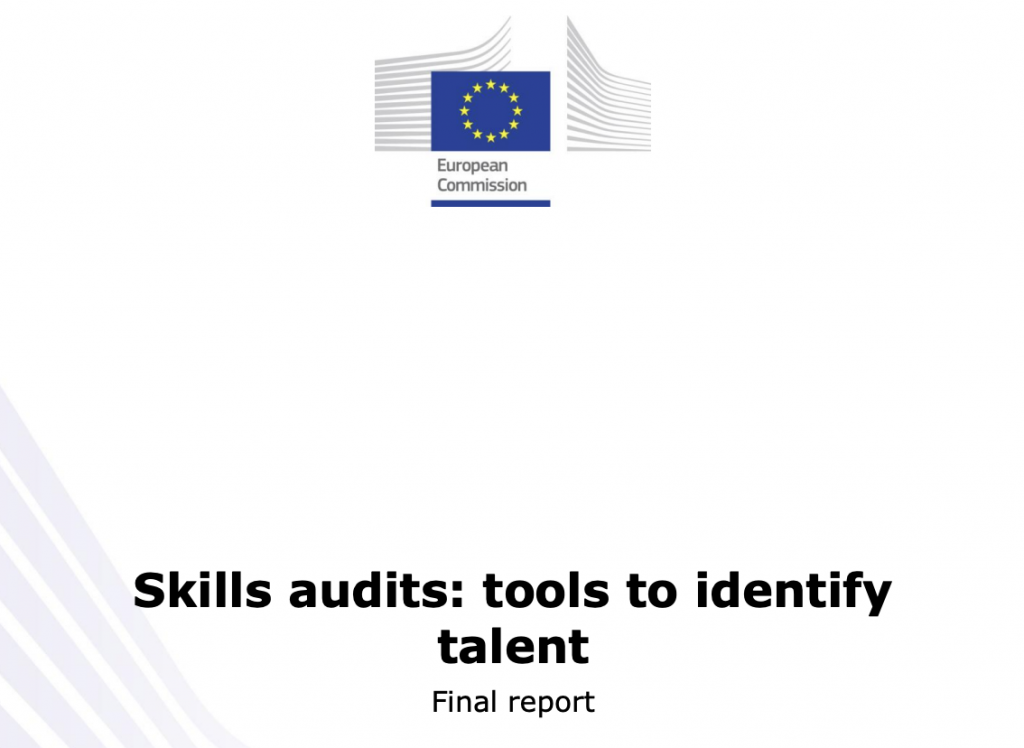As part of the ongoing Assess Plus project, work is ongoing into the development of Output 4 – Guidelines to promote transparency and recognition of skills and qualifications through Skills Audits in Adult Education. These are designed to “promote transparency and recognition of skills and qualifications through Skills Audits in Adult Education, the following Guidelines have the goal to encourage transparency and recognition of skills and qualifications on Skills Audits in Adult Education.”. The Guidelines are aligned with other European transparency and recognition instruments, such as ECVET, EQAVET, EQF or Europass and are a policy instrument to support the exploitation strategy of the project and to mainstream the project results, in particular the EFC reference in Skills Audits for Adult Education.

To date, INQS has undertaken a wide range of research and examinations into best practice into a range of guidelines in favour of knowing and applying the legislative framework and background of skills audit.
Some of the key findings which may be of interest include the following guidelines.
Identifying The Legal Considerations For Conducting Skills Audits Within An Eu Member State
The purpose of this experimental exercise is to raise awareness among the participants about legal obligations and requirements in their own country related to skills auditing.
The suggestion for this this approach would involve that you:
- Access the EU publication “Skills audits: tools to identify talent”
- Under Section 4 of this report, identify what type of skills audit do you want to conduct. Consider the aims, methods, use of standards and providers listed under each.
- Briefly outline – for yourself and/ or the stakeholders involved in the audit – a description in your report of why this type of audit is appropriate to you and consider this category of skills audit when examining the remaining report questions

Identifying The Considerations Related To Gdpr As Part Of Skills Audit Process
The purpose of this experimental exercise is to raise awareness among the participants about legal obligations and requirements in their own country related to skills auditing.
The suggestion for this this approach would involve that you:
- Based on the general GDPR overview at GDPR.eu, identify what elements of your proposed skills audit process may lead to GDPR considerations.
- Consider – at a minimum:
- What types of personal data will you gather as part of your skills audit?
- How you will collect this data during the skills audit?
- How will you store this data?
- What will you do you do with this data?
- How long will you keep the data from the skills audit for?
- What is your process for deleting data?
- If you have an existing GDPR policy, does this policy address the above GDPR elements (and others not listed here) which will arise as part of the skills audit process?
- Refer back to the list you have created in the following steps to ensure that nothing is being missed

For more information and resources, please check out http://www.assess-plus.eu